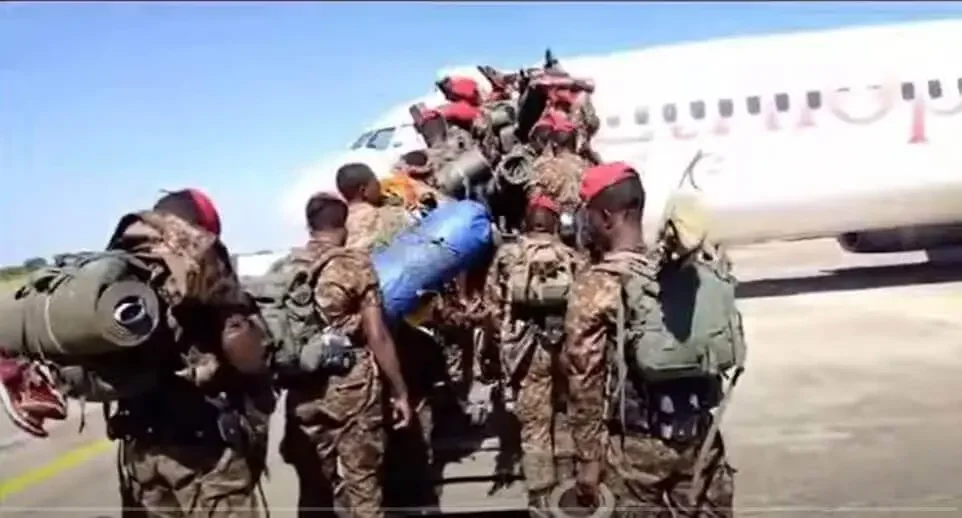
By : Abe Lema
Since the civil war intensified in the Amhara and Oromia regions, public transportation connecting these areas with the capital, Addis Ababa, has ground to a halt due to heightened security concerns. Travelers from cities such as Gondar, Bahir Dar, and Dessie are increasingly opting for air travel, despite the continuously rising ticket costs. On the roads to Addis Ababa, some towns are controlled by the FANO group, while others are under the Ethiopian Defense Force. In Oromia region, certain towns are sporadically controlled by OLA forces. Consequently, individuals traveling from Addis Ababa to Hawassa or Bale must rely on air travel. Similarly, those journeying from Dire Dawa or Harar to Addis Ababa avoid crossing towns like Metehara and Welenchiti due to frequent incidents of robbery and kidnapping by armed groups. This has rendered ground transportation unsafe and unreliable, prompting many to choose air travel as a faster and more secure alternative to reach their destinations.

A man from Gondar, compelled to see a doctor urgently in Addis Ababa due to a critical ailment, lamented, “I sold my cow to cover the cost of my air ticket and related expenses. If not for the current insecurity, I could have traveled by bus for less than a third of the cost.” Similarly, a housemaid shared her experience, revealing that she paid three times her monthly salary solely for airfare when visiting her family in Bahir Dar.
In April, Ethiopian Airlines reported a significant surge in domestic air travel. Mesfin Tasew, CEO of Ethiopian Airlines Group, disclosed that the number of domestic passengers for the fiscal year ending in June 2024 is expected to reach 3.5 million, marking a 34.6 percent increase from the previous year. This increase is not merely due to higher household incomes enabling more luxurious travel options, but primarily reflects the profound impact of the domestic conflict.
Reports indicate that people have resorted to establishing traditional savings groups (‘equb’) to cover the escalating costs of airfare, underscoring how insecurity has severely affected household economies. For low-income groups including peasants, public servants, and students, air travel has become increasingly unaffordable, exacerbating their hardships. The enduring question remains: when will the suffering and challenges come to an end? While some Ethiopians may benefit from these changes including the flag holder ‘Ethiopians’ , for many others, it represents a significant struggle.
Ethiopian Airlines is transporting weapons and military personnel to Amhara region
Ethiopian Airlines is serving as a military transport for the dictatorship regime @IATA should suspend Eth airline aeroplanes from flying since it’s involved in transporting war ammunition in passenger planes @AlJazeera @BBCAfrica @CNN @EGYPTAIR @DailyNewsEgypt @KenyaAirways pic.twitter.com/GModW1NaMb
— AmharaAQuila (Elias) (@FanoRising) August 6, 2023
